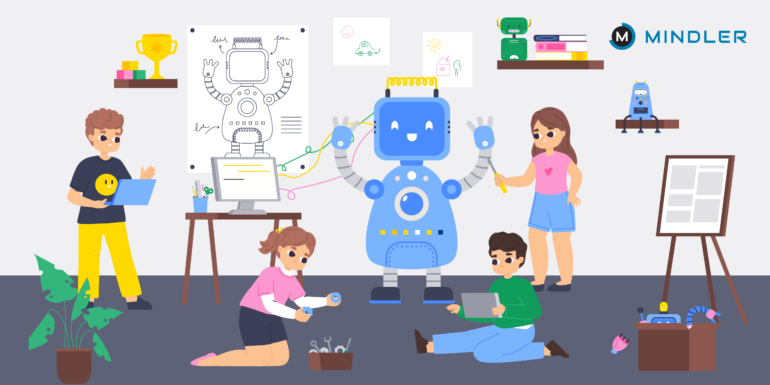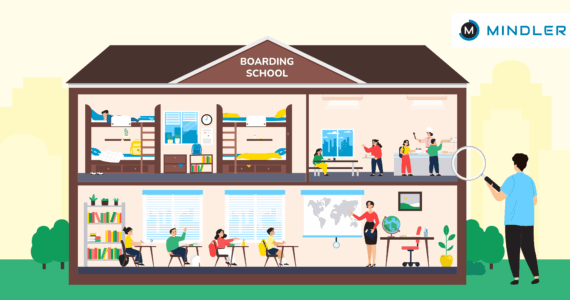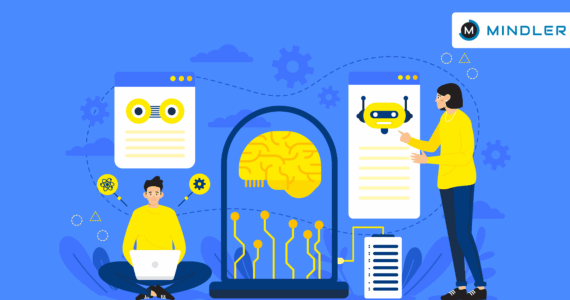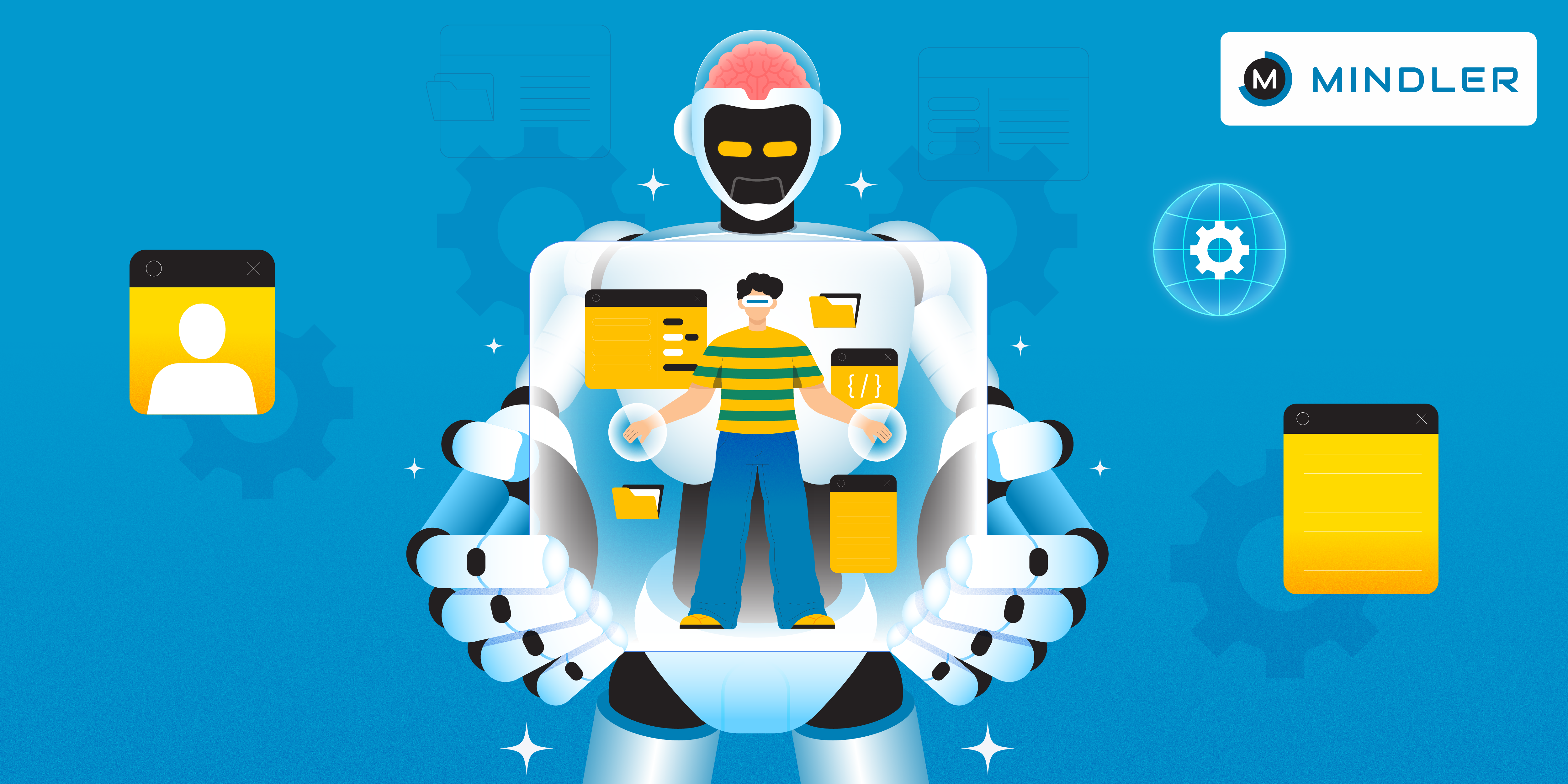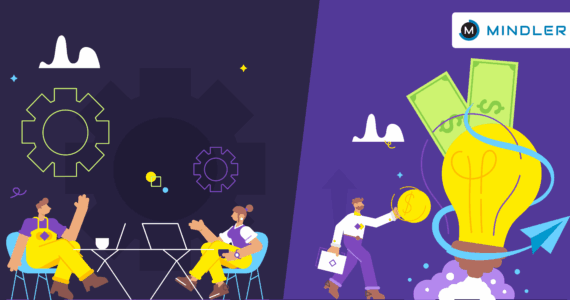Some parents and schools struggle to guide children through future career decisions. With AI fuelling the change in how people work, it is essential to expose children to emerging areas of employment at a young age. This guide provides insights on how AI helps in education, what AI careers are growing fast, and how children can prepare for them.
How AI Can Help in Education
AI brings change to education by offering teachers a set of tools and accompanying approaches that enhance educational outcomes.
- Personalized Learning Systems: These are adaptive learning platforms that have the capability of adapting the difficulty of the content based on how the students perform. For example, DreamBox and Carnegie Learning MATHia in math follow the progress of individual learners and adapt lessons accordingly.
- Automated Assessment and Feedback: Instant grading systems, which provide immediate feedback on written work, e.g., Gradescope and Turnitin. These tools reduce the teacher’s workload and enable faster responses to students.
- Language Support and Accessibility: AI helps facilitate good education through the provision of real-time translation through applications like Google Translate in Education and Microsoft Translator. Such systems help non-native speakers to possess the content in the language of their choice.
- Classroom Data Analytics: AI tools like IBM Watson Education can use student information to identify learning deficits. The teachers also receive reports regarding the students who need more help in some subjects.
How AI Helps in Education Career Guidance
AI offers specialised tools that match students’ skills with career opportunities by analysing data. These include:
- Career Matching Platforms: Systems such as Sokanu, MyPlan.com match student interests with career paths. These sites study personality tests and school grades to propose appropriate careers.
- Skills Gap Analysis: AI technology compares the current capabilities of students in the programme with employer needs in the job market. LinkedIn Learning and Coursera are examples of companies that apply AI to suggest specific courses that fill specific skill gaps for target careers.
- Academic-Career Connections: AI helps in education by showing clear links between school subjects and job opportunities. Systems like Naviance use AI to connect student grades in specific subjects to related career success rates.
- Real-Time Job Market Data: AI platforms like Burning Glass Technologies provide current job posting data, salary trends, and skill demands across different industries and locations.
AI Careers
The AI job market shows strong growth with specific opportunities across multiple industries. The following are high-demand AI job roles:
- AI Engineer: Designs and builds AI systems used in applications like automation, recommendation engines, and robotics.
- Machine Learning Developer: Develops algorithms that help systems learn from data and improve performance without being programmed explicitly.
- Data Analyst: Uses AI tools to interpret and extract insights from data, supporting better business decisions.
- AI Product Manager: Oversees the development of AI-based products by aligning technical development with user needs and business goals.
AI careers in India are rising across healthcare, finance, and retail. Healthcare AI is growing at a 42% CAGR through 2030. The fintech AI market reached 17.8 billion dollars in 2025, up 26% from last year. Retail AI is set to grow 33.8% annually through 2032.
Preparing Children for AI Career Paths
Successful preparation for careers with AI requires early exposure and structured skill development.
Early AI Introduction
Children benefit from AI exposure starting at age 8 through visual programming languages like Scratch for Kids and Blockly. MIT’s App Inventor teaches basic AI concepts through mobile app creation. Code.org offers free AI courses designed for elementary school students.
Skill Combination Approach
- Technical Skills: Mathematics, statistics, and computer programming form the foundation for AI career opportunities. The Python programming language serves as the primary tool for AI development. Statistics and linear algebra provide an essential mathematical background.
- Soft Skills: Communication, problem-solving, and critical thinking remain important for careers with AI. AI professionals must explain complex concepts to non-technical stakeholders. Creative thinking helps identify new applications for AI technology.
Certification and Course Options
Google AI Education provides free courses on machine learning fundamentals. Coursera offers an AI for Everyone course suitable for high school students. Microsoft AI School provides beginner-friendly resources. Stanford University’s CS229 Machine Learning course offers advanced content for motivated students.
Continuous Learning Emphasis
AI career programme success depends on ongoing education due to rapid technological changes. Professional development through online courses, workshops, and conferences keeps skills current. Industry certifications from Google, Microsoft, and Amazon Web Services validate AI competencies.
Safe Use of AI in Education
Children need guidance to use AI tools safely and effectively without developing unhealthy dependencies. Proper AI education includes understanding limitations, privacy concerns, and ethical considerations.
- Avoid Over-Reliance: Teach children to use AI as a tool for assistance rather than a replacement for critical thinking. Encourage students to verify AI-generated information through multiple sources and develop independent problem-solving skills.
- Critical Evaluation Skills: Train children to question AI-generated content and understand potential biases. Discuss how AI systems learn from data and why results may sometimes be incorrect or unfair.
- Privacy and Ethics Education: Explain data privacy concepts and the importance of protecting personal information when using AI tools. Teach children about consent, data collection, and ethical AI development practices.
The increasing presence of digital learning in schools brings attention to the impact of technology on student focus, creativity, and growth.
Role of Parents and Schools
Parents and schools must work together to provide realistic career guidance without creating excessive pressure on children. Support systems should focus on individual interests while building practical skills for future opportunities:
- Interest-Based Exploration: Allow children to explore AI applications in areas they already enjoy, such as gaming, art, or sports. This approach maintains motivation while building relevant skills.
- AI Tool Integration: Use educational AI tools like Khan Academy’s AI tutoring and Duolingo’s language learning to demonstrate practical applications. These tools show how AI enhances learning rather than replacing human effort.
- Skill-Building Activities: Encourage participation in robotics clubs, coding camps, and science fairs that incorporate AI elements. Local libraries and community centers often host free AI workshops for children.
- Career Exposure Programs: Arrange visits to technology companies, research labs, and universities with AI programs. Many organizations offer student tours and career exploration sessions.
- Balanced Perspective: Present both opportunities and challenges in AI careers honestly. Discuss job market realities while maintaining optimism about future possibilities.
Conclusion
Smart career planning in the AI era requires early preparation using reliable tools and factual information. AI supports better education through personalised learning and career-matching systems that align student abilities with market needs. With AI careers growing rapidly across industries, continuous learning is essential. Parents and schools must offer balanced guidance that encourages skill development and realistic career exploration. Exploring AI-focused education paths helps understand how technology affects student learning while supporting informed and future-ready choices.

